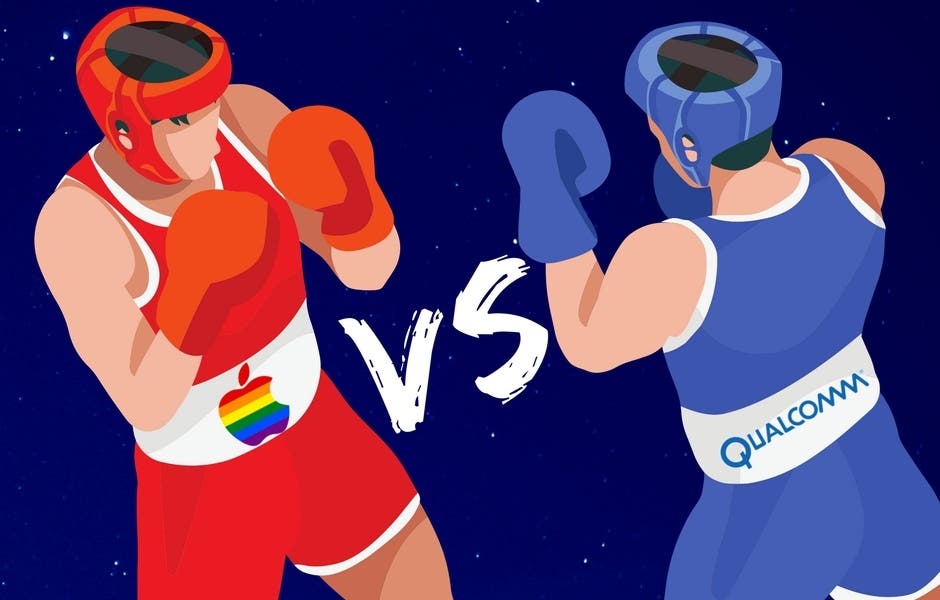According to a report in The Wall Street Journal, Qualcomm said that some of the search functions on Apple’s iPhone infringed its patents, but the Munich District Court rejected Qualcomm’s allegations on the grounds that the court has not yet ruled on four other search-related patent disputes. Qualcomm executive vice president and general counsel Don Rosenberg said that Qualcomm does not agree with the Munich court ruling. This is the second time that Qualcomm’s case against Apple in Germany will be dismissed after a similar patent case was dismissed some weeks ago.

Apple said in a statement, “We are grateful to the court for the time and effort in the case.” It is understood that these patents are not related to the iPhone’s hardware, but some search-related software technology. Qualcomm has also adopted this strategy in China. Qualcomm’s patent claims did succeed in China and received a sales ban on multiple iPhones, but Apple quickly released a software update to deal with the ban. The chipmaker also won in Germany earlier, and a German court issued a sales ban on the iPhone 7 and iPhone 8. However, the actual impact of this victory is limited, and Apple continues to provide affected models through operators and distributors. Qualcomm believes that Apple has not completely removed the iPhone 7 and iPhone 8 series models from the German market and should be fined.
After the German iPhone ban was issued, Qualcomm filed another patent infringement allegation in Germany, but the Mannheim City District Court dismissed Qualcomm’s lawsuit in a preliminary verbal ruling, claiming that its allegations were unfounded. The installation of Qualcomm chips did not infringe the patent. In addition to patent disputes with Apple, Qualcomm faces antitrust lawsuits from the Federal Trade Commission (FTC) in the United States. The FTC recently made a closing statement saying that the evidence against the chip maker was “overwhelming”. Qualcomm claimed that the FTC had no evidence that it had anti-competitive behavior.





